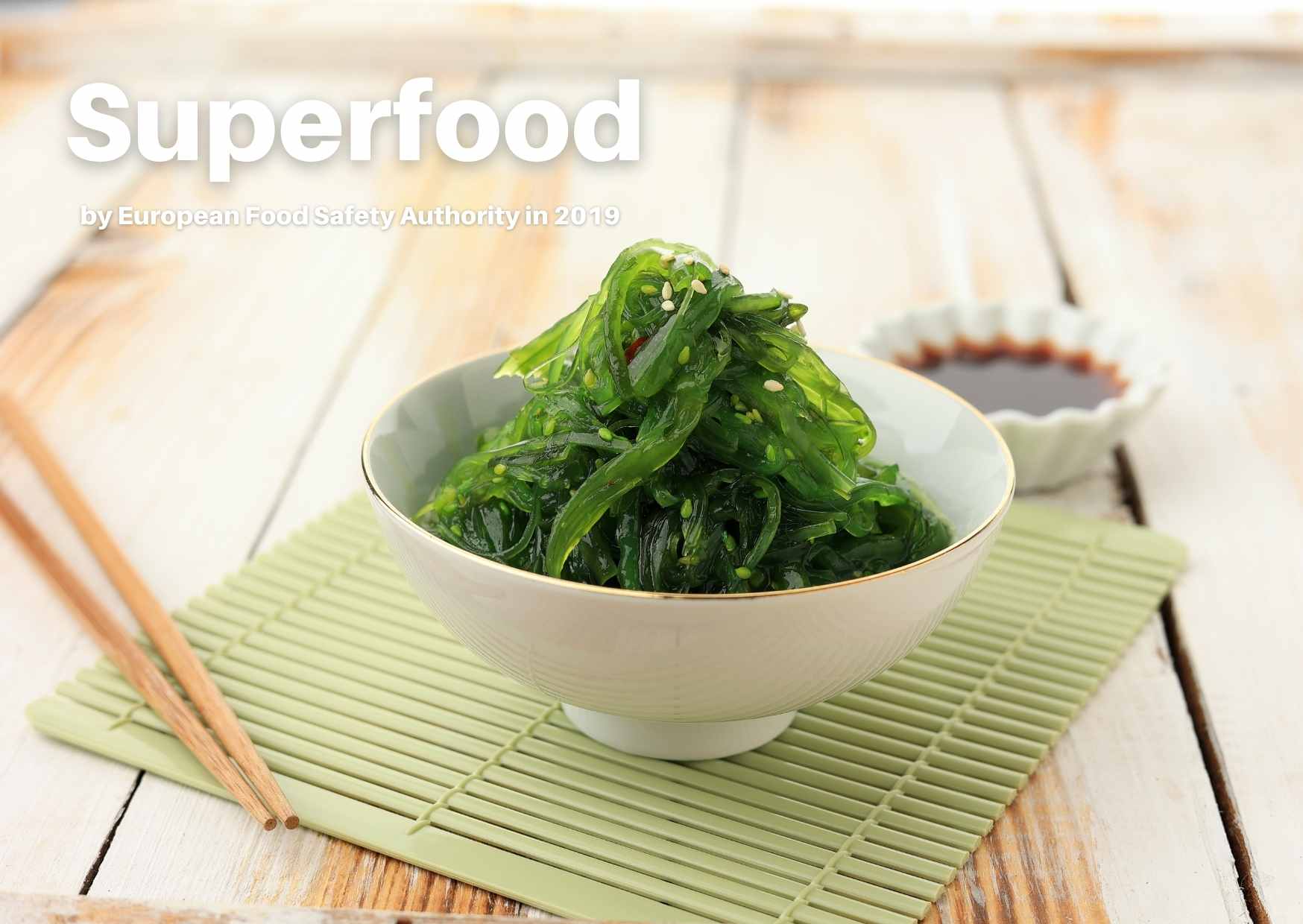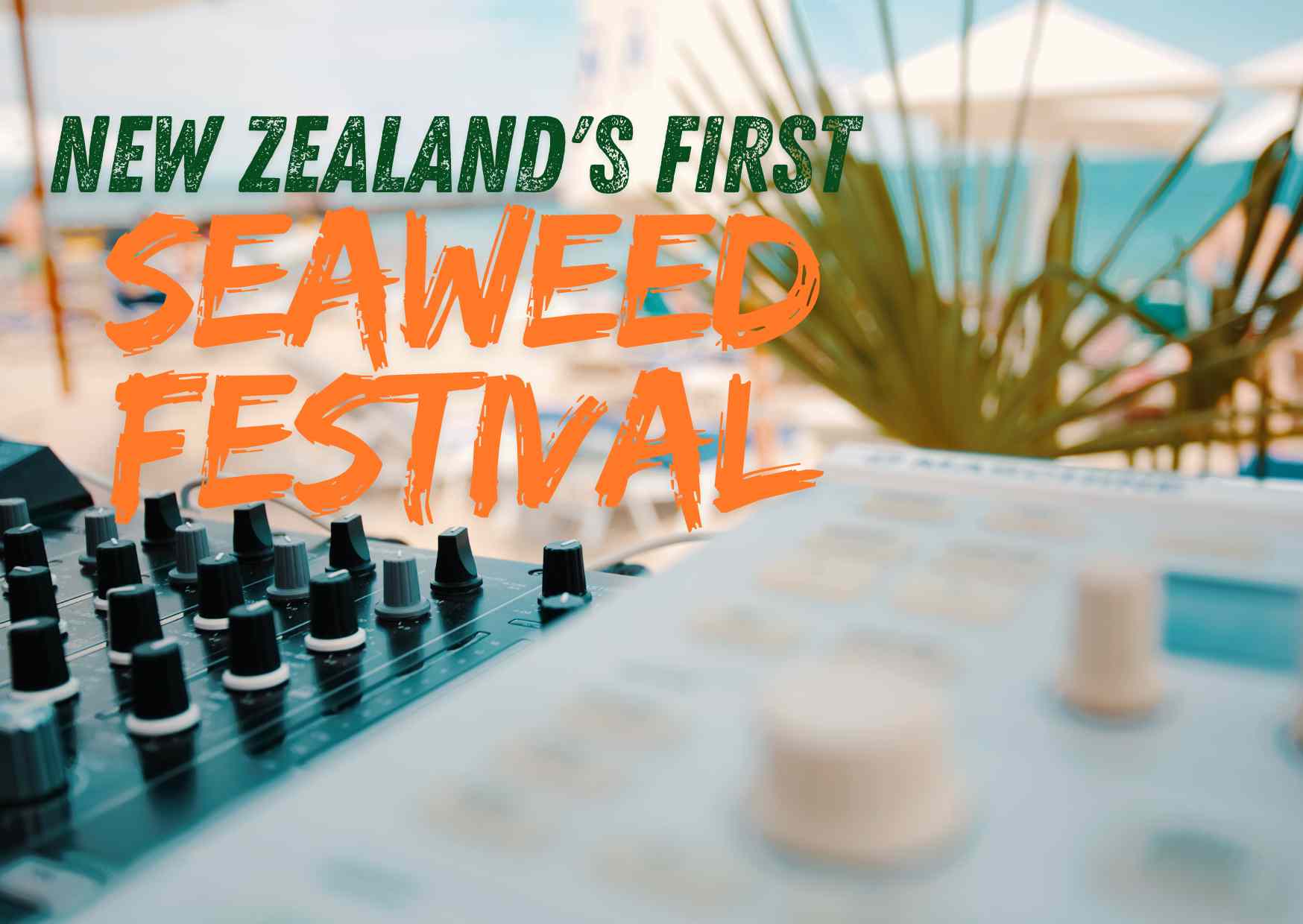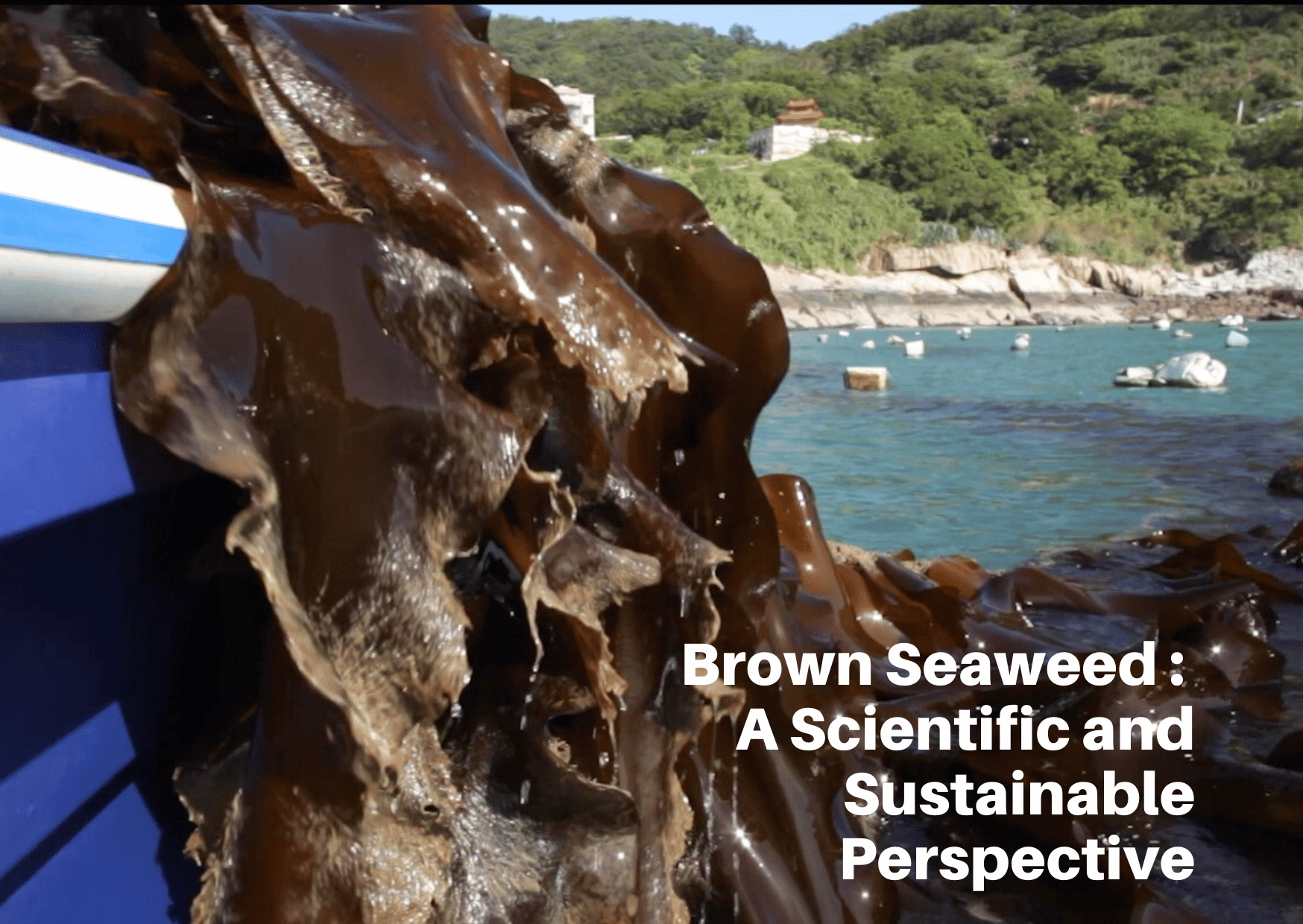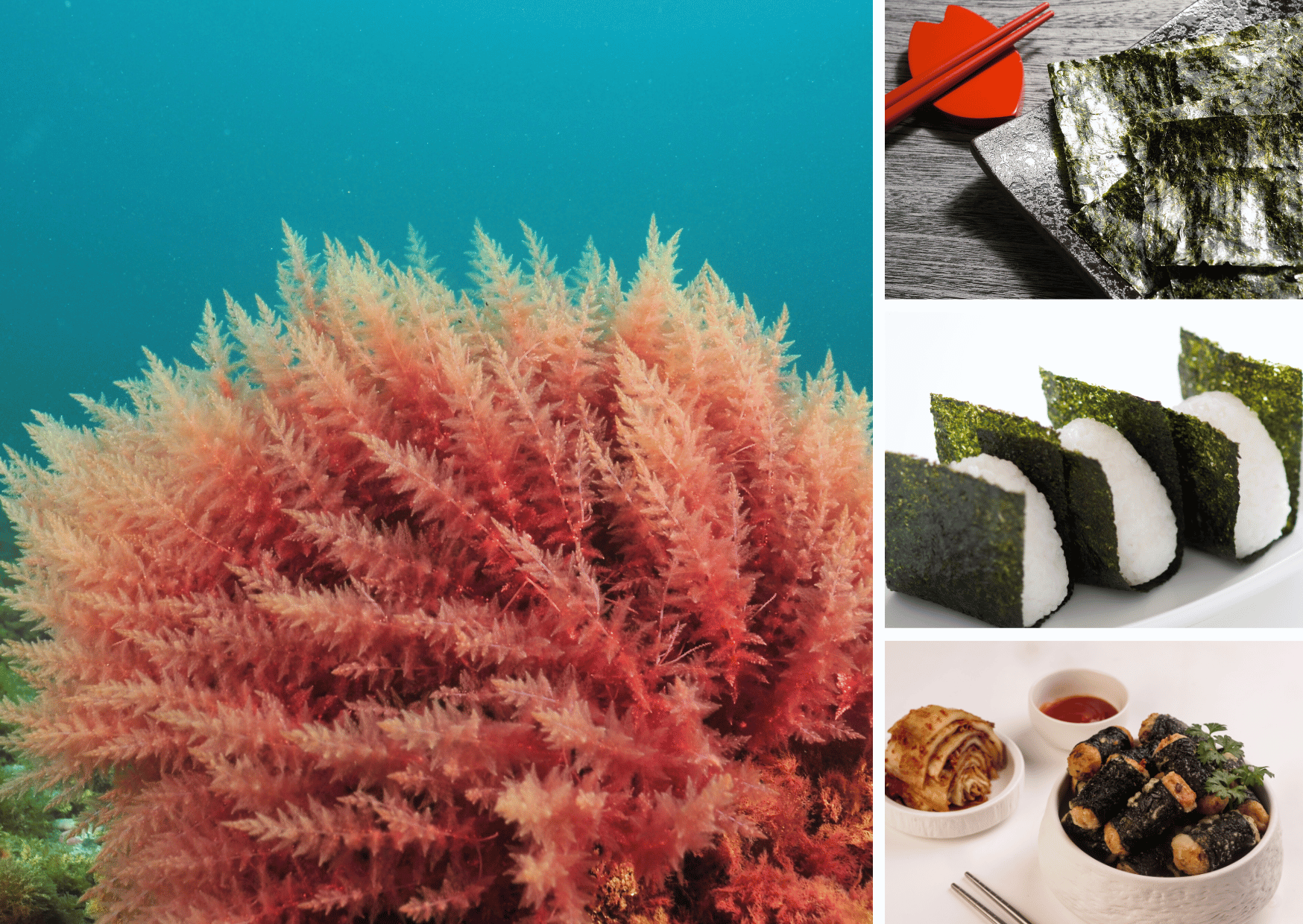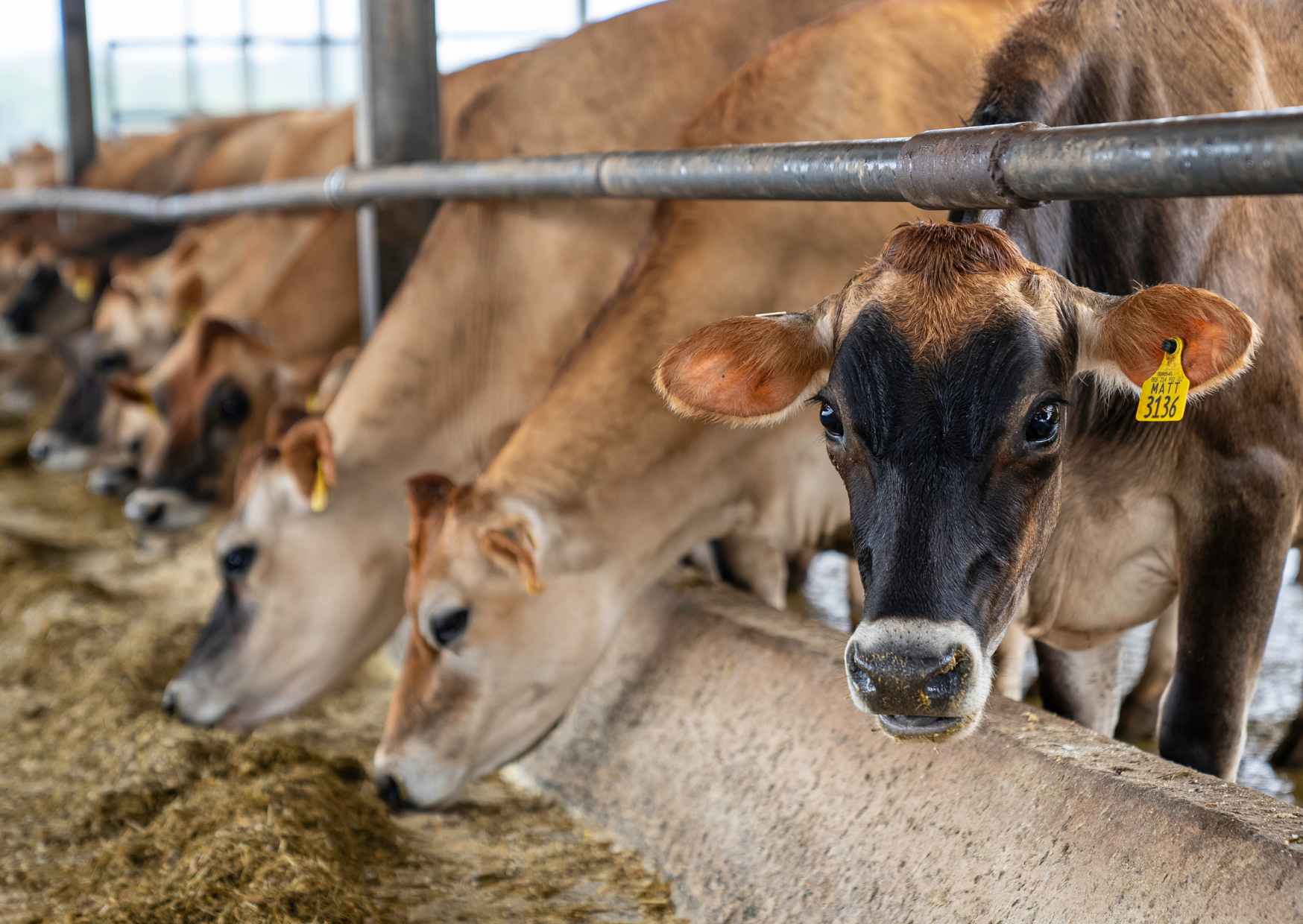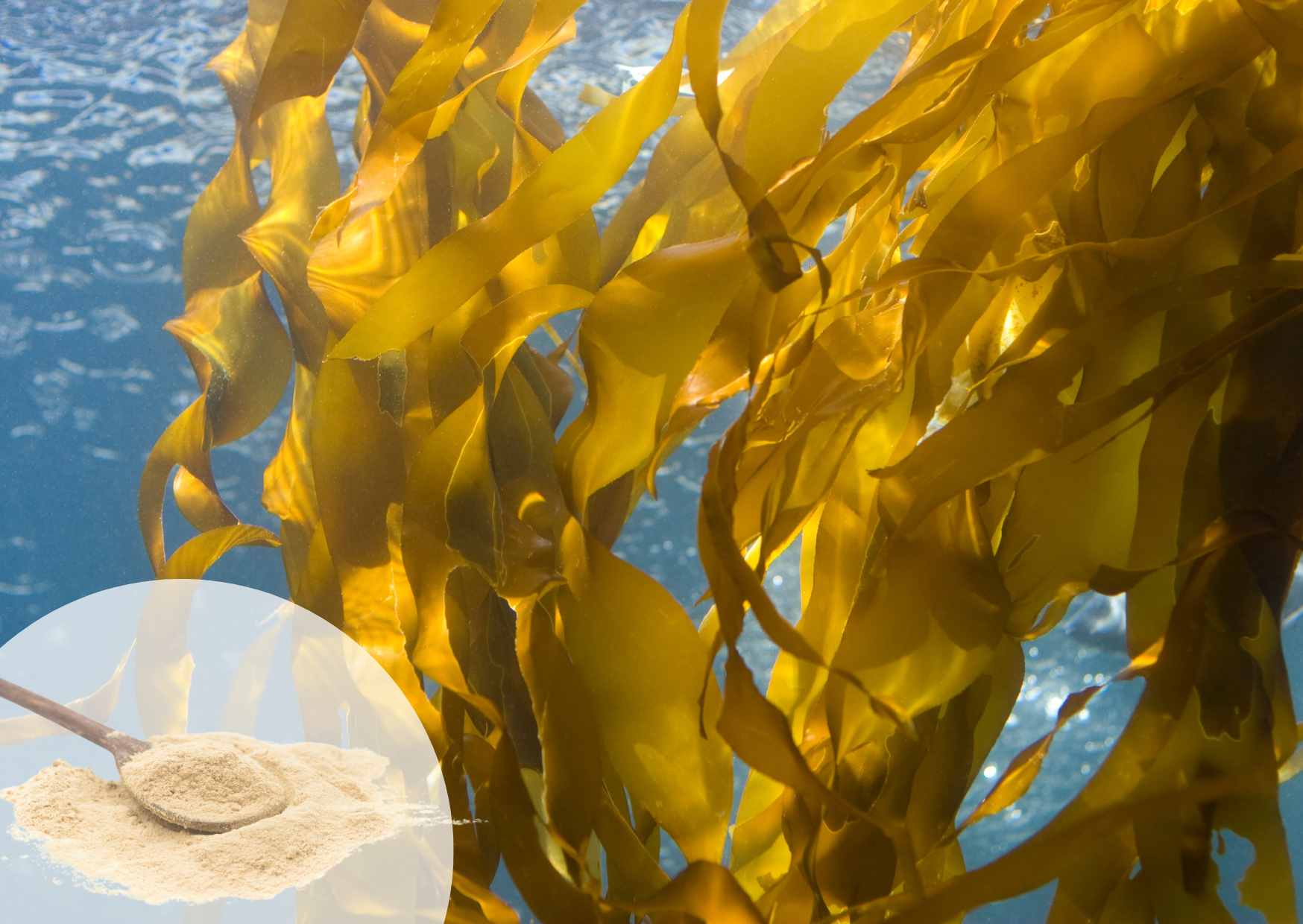Ocean & Seaweed
Total
16
-
Inspired by “The State of the World’s Seaweeds” by James Ashworth (2025)
Seaweeds, often overlooked as little more than ocean debris, are in fact among the planet’s most essential life forms. These remarkable algae help capture carbon dioxide, nurture marine ecosystems, and underpin industries worth billions. Yet, despite their importance, seaweeds face mounting threats that could reshape ocean life as we know it.
-
As global brands seek innovative, sustainable ingredients, marine polysaccharides have emerged as a powerful solution. Sourced from seaweed and marine organisms, these natural polymers offer unique functional and health benefits, driving rapid growth in the food, nutraceutical, and personal care sectors.
-
According to a recent report, at Beyoncé’s concert this year at Tottenham Hotspur Stadium in London, snacks were served in seaweed-based containers! This marks a major step toward sustainable packaging, thanks to a company called Notpla.
-
The benefits of seaweed bathing stem from an ancient practice known as "thalassotherapy," which involves bathing in seawater or seaweed. This practice has been around for centuries and is believed to offer a multitude of health benefits. Seaweed is rich in antioxidants and essential minerals such as zinc, potassium, magnesium, and iodine. Bathing in this mineral-rich seawater and seaweed is thought to help reduce stress, improve circulation, soothe skin conditions, relieve muscle aches and stiffness, and calm the nervous system.
-
Amid the global shift toward sustainability and health-conscious living, seaweed is emerging as an essential resource in the European market. While Europeans once associated seaweed with the unpleasant slimy growths found on beaches, this perception is rapidly changing. In 2019, the European Food Safety Authority dubbed seaweed a "superfood," highlighting its rich nutritional profile and health benefits.
-
The waters of Port Phillip Bay in Victoria, Australia, are grappling with an unprecedented ecological challenge. Excess nutrients from wastewater have fueled a massive surge in sea urchin populations, now estimated to total 130 million. This explosion has devastated the region's once-lush golden kelp forests, which play a vital role in marine ecosystems by absorbing carbon dioxide and supporting biodiversity.
-
Berlin-based startup Vyld is making waves in the menstrual health industry with Kelpon, the world’s first tampon made from seaweed. By harnessing the natural benefits of algae, Vyld is redefining sustainability, health, and empowerment.
-
Following the end of the Homegrown music festival, a brand-new event is emerging in the capital—New Zealand’s first-ever Seaweed Festival, celebrating the underwater forests of Te Whanganui-a-Tara. Organized by Love Rimurimu, a project under Mountains to Sea Wellington, the festival will take place across Wellington from March 1–9, 2025.
-
Brown seaweed, a type of macroalgae found primarily in colder, nutrient-dense marine environments, is increasingly recognized for its nutritional, medicinal, and environmental benefits. Scientifically classified under the Phaeophyceae class, brown seaweeds are unique for their brownish hue, which results from the dominance of fucoxanthin—a carotenoid pigment that enables efficient light absorption in deep-sea environments and provides various health benefits. This report explores the scientific properties, classification, common species, applications, and sustainable cultivation practices of brown seaweed.
-
Recent years have seen a growing global interest in algae products, driven by increased health consciousness and the popularity of natural foods. Renowned for their rich nutritional profiles and bioactive compounds, algae have long played a significant role in Japanese cuisine and are now garnering attention across Asia, the Americas, and beyond. From food to health supplements and even beauty products, algae applications continue to expand, becoming a vital resource for cross-industry innovation.
-
Oregon State University researchers are exploring an innovative way to reduce the environmental impact of beef production by incorporating seaweed into cattle feed. Cattle produce methane, a potent greenhouse gas, during digestion. Methane emissions from cattle are a significant contributor to climate change, with one cow emitting over 200 pounds of methane per year.
-
In the realms of modern beauty and nutrition, Fucoidan, a sulfated polysaccharide derived from brown seaweed, is gaining significant attention. Due to its diverse biological activities and potential health benefits, Fucoidan is rapidly being embraced by both scientists and consumers.






